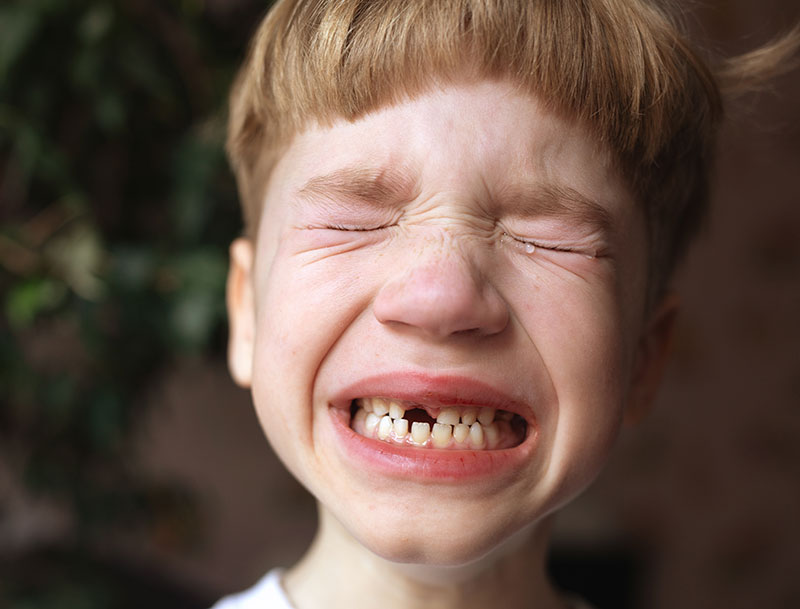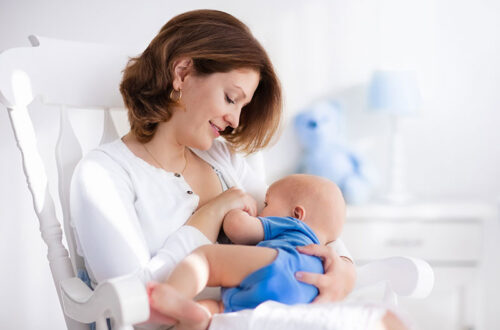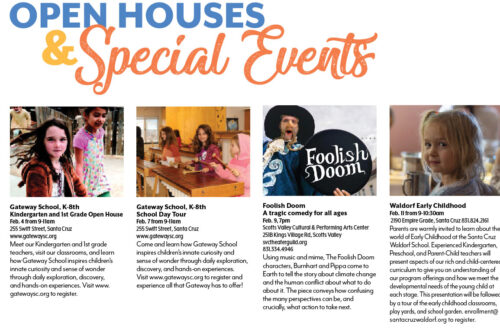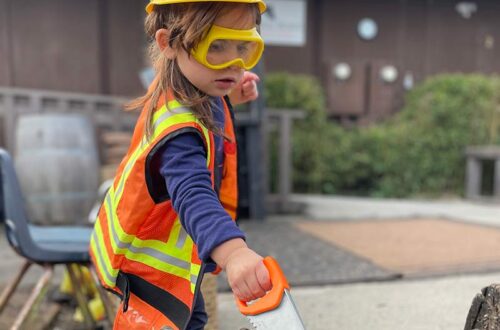
What Do You Do When Your Kid Knocks Out a Tooth?
Santa Cruz County is an adventurous and active place. We love to see kids outside running around, riding bikes, surfing, skating…. having fun. However, pediatric dentists don’t love the damage that sometimes happens to teeth when kids get tripped up during all that fun. We all hope it won’t happen to us, but it’s good to know what to do if it does.
There are three true emergencies associated with dental trauma. These are the “you need to take action NOW” injuries; 1) head trauma 2) uncontrolled bleeding that may require stitches and 3) a knocked out permanent tooth. Often, the knocked out, displaced or broken tooth can look really dramatic and distract us from the first two. It’s important to take a deep breath and assess the whole situation.
Head trauma includes any loss of consciousness or altered mental status. It can result in nausea, vomiting and uneven or dilated pupils. If you suspect any of these symptoms, your child should be checked by a physician immediately. Go straight to urgent care or the emergency department (depending on the severity of the symptoms) before seeing the dentist.
Uncontrolled bleeding from tongues, lips and cheeks can sometimes require stitches before teeth can be mended. It’s considered uncontrolled if heavy bleeding persists after 15 minutes of firm but gentle pressure. Again, urgent care or the emergency department should be your first stop.
A knocked out permanent tooth is the most time dependent trauma a pediatric dentist treats. You need to take action! The survival rate for a knocked out tooth is significantly decreased after 15 minutes out of the mouth. Assuming the above two issues are controlled, you’ll need to find the tooth as quickly as possible. Handle it by the crown (the white part) not the yellow root. You can rinse the tooth gently to clean off visible debris, but don’t clean or handle the root if possible. Try to place it directly back into the socket. We know this is not fun for anyone, but it’s the best chance to save the tooth and be a hero. The child can hold it in place with gentle biting pressure on a cloth while you call the dentist. If the tooth cannot be placed back in the mouth, place it in a cup or baggie of milk and call the dentist immediately.
Now that we are all freaked out, let’s remember that, luckily, most injuries to the teeth and mouth are not as serious or time dependent. There is usually time to collect yourself, calm the child down, assess the damage and take some photos to send to your dentist before you call.
For a knocked out baby tooth, you’ll want to find the tooth. It’s a present for the tooth fairy. Do not try to put it back in, this could damage the permanent tooth. If you can’t find it, your dentist may take an x-ray to make sure it wasn’t pushed up into the gums.
Fractured teeth are pretty common and can be urgent if they are large or have exposed the nerve of the tooth. These injuries should be repaired quickly. Smaller fractures may be repaired within a few days after the initial pain of the trauma has subsided. Photos can help your dentist determine the extent of the fracture. If you can find the fractured piece of a permanent tooth, save it in a baggie because it may be useful for the dentist. There’s no need for milk.
Out of place permanent teeth should be put back into place quickly by the dentist and splinted to stabilize them while they are healing.
An out of place baby tooth can sometimes be left alone to heal. However, sometimes it needs to be removed if it is interfering with the bite.
A bumped tooth that is not broken or out of place is usually monitored by the dentist for healing. Sometimes these teeth can turn dark and may need treatment.
Of course, the best case is to avoid all of the above in the first place. Wear helmets. They really do save teeth and brains. We think they are a non-negotiable piece of equipment for any sport with wheels (or skis.) Custom fit mouthguards can reduce concussions and save teeth. They are a great measure of protection for contact sports and sports that include a ball.
Your pediatric dentist can be reached after hours to help with these types of traumatic events. If you have not established a dental home for your child, now is the time. We’re here to help. Together, we can keep our community an active, fun and safe place for our kids to grow up.
Dr. Jackson is a pediatric dentist in Aptos. She emphasizes preventive dentistry and patient education. She is a Diplomate of the American Board of Pediatric Dentistry and has been practicing since 2000.






